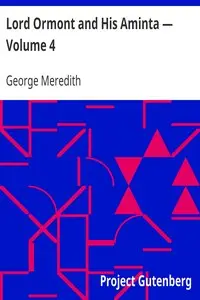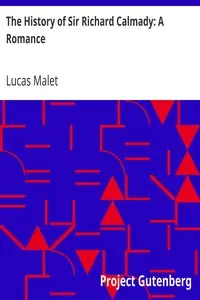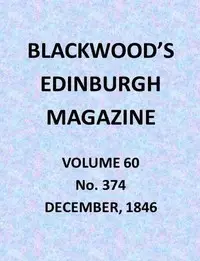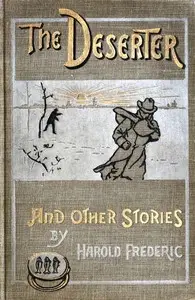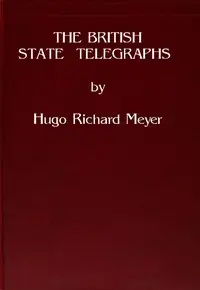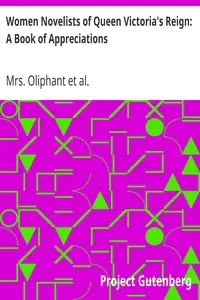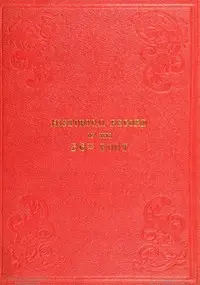"Lord Ormont and His Aminta" by George Meredith is a story located in the late 1800s, highlighting the romantic connection between Matey Weyburn and Aminta Farrell. The novel explores the difficult sides of young affection, social standards, and gender roles during that time. The story starts by showing the ordinary life of boys in school and their relationships with girls on Sunday walks, describing the conflict between their youthful energy and proper social behavior. Matey, an active and lively boy, falls for Aminta, also called Browny, causing conversations among his friends about what it is to be a boy or girl and romantic goals. As Matey's respect increases, the story suggests bigger social issues and the chance of a love that changes everything. The story questions whether their relationship will either follow or contradict what society expects.

Lord Ormont and His Aminta — Complete
By George Meredith
In a world of strict rules, a young romance ignites, challenging gender roles and societal expectations in a late 19th-century setting.
Summary
About the AuthorGeorge Meredith was an English novelist and poet of the Victorian era. At first, his focus was poetry, influenced by John Keats among others, but Meredith gradually established a reputation as a novelist. The Ordeal of Richard Feverel (1859) briefly scandalised Victorian literary circles. Of his later novels, the most enduring is The Egoist (1879), though in his lifetime his greatest success was Diana of the Crossways (1885). His novels were innovative in their attention to characters' psychology, and also portrayed social change. His style, in both poetry and prose, was noted for its syntactic complexity; Oscar Wilde likened it to "chaos illumined by brilliant flashes of lightning". Meredith was an encourager of other novelists, as well as an influence on them; among those to benefit were Robert Louis Stevenson and George Gissing. Meredith was nominated for the Nobel Prize in Literature seven times.
George Meredith was an English novelist and poet of the Victorian era. At first, his focus was poetry, influenced by John Keats among others, but Meredith gradually established a reputation as a novelist. The Ordeal of Richard Feverel (1859) briefly scandalised Victorian literary circles. Of his later novels, the most enduring is The Egoist (1879), though in his lifetime his greatest success was Diana of the Crossways (1885). His novels were innovative in their attention to characters' psychology, and also portrayed social change. His style, in both poetry and prose, was noted for its syntactic complexity; Oscar Wilde likened it to "chaos illumined by brilliant flashes of lightning". Meredith was an encourager of other novelists, as well as an influence on them; among those to benefit were Robert Louis Stevenson and George Gissing. Meredith was nominated for the Nobel Prize in Literature seven times.



